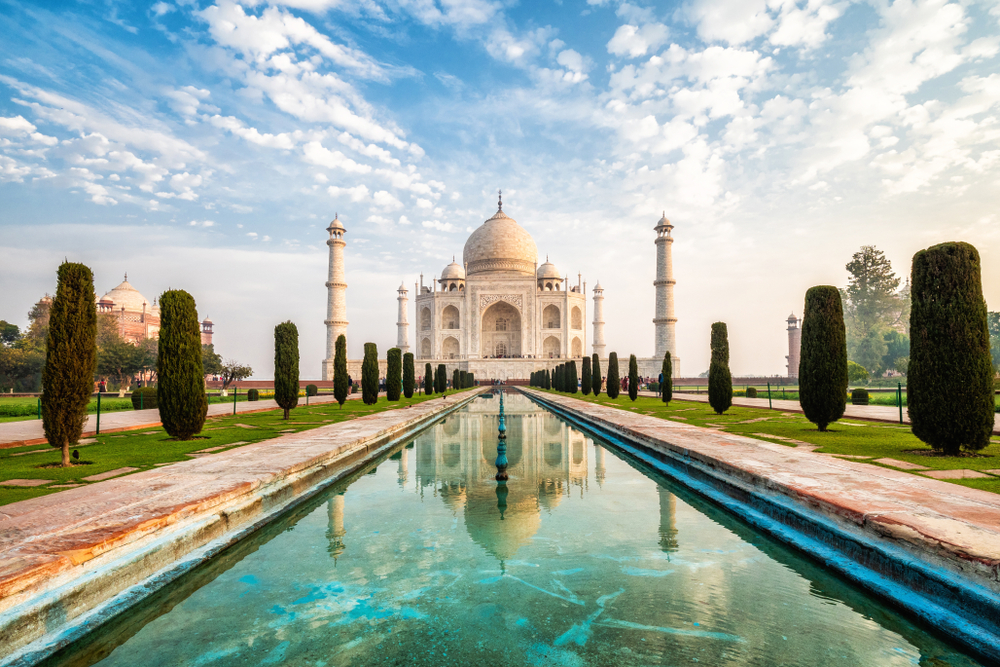India leads transition to low-carbon economy
Climate change is highlighted as the greatest risk to global well-being

A Megatrends Study was launched in collaboration with Bloomberg Media, highlighting climate change as the greatest risk to the wellbeing of the world and digital technologies as the megatrend is most likely to advance the well-being of the world. Business World elaborated on how the study found that India is among the countries that feel most strongly about the need for a transition to a low-carbon economy, at 92 percent.
In response to the need for a sustainable future, digital technologies are the megatrend most likely to advance the well-being of the world. Businesses need to help lead the way to the future.
Related: Retail therapy: Indian Millennials on a homebuying spree
According to non-profit sustainable energy organisation RMI, Indian real estate developers have been shifting to 100 percent renewable energy to achieve zero Scope 2 emissions. They have been employing on-site and off-site renewable energy deployment pathways for its construction loads, owned offices, and downstream leased assets.
Company owners’ co-operative societies are using solar systems to power common areas, which can be fully powered with renewable energy in residential high rises. Residential owners and tenants have limited options to engage in off-site contracts or purchase options while real estate companies have been exploring community solar to create RE deployment opportunities.
Commercial tenants can use green tariffs to align their energy needs with their own decarbonization goals. Industrial and warehousing tenants may have enough roof space to switch entirely to renewable energy through net metering. Companies are also encouraging tenants to make the switch to renewables and to explore green leases. Corporate buyers can tap into the green term-ahead market (GTAM) to trade green power in the open market, and buyers can purchase renewable energy credits (RECs) to fulfil their renewable purchase obligations and offset emissions.
The Property Report editors wrote this article. For more information, email: [email protected].
Recommended
Why everyone is moving to Selangor and Johor: Malaysia’s real estate comeback
Malaysia’s upturn in fortunes is especially prevalent in secondary destinations such as Selangor and Johor
Penang’s silicon boom: How the US-China tech war is supercharging local real estate
Penang’s booming semiconductor industry has created ripples within the local real estate sector
New leader, new opportunities: How Hun Manet is shaking up Cambodia’s real estate game
Hun Manet is overseeing decent economic growth and widening access to the country’s real estate market for foreigners
Singapore embraces inclusive housing reforms amid resilient demand
The Lion City’s regulatory strength continues to exert appeal for international investors








